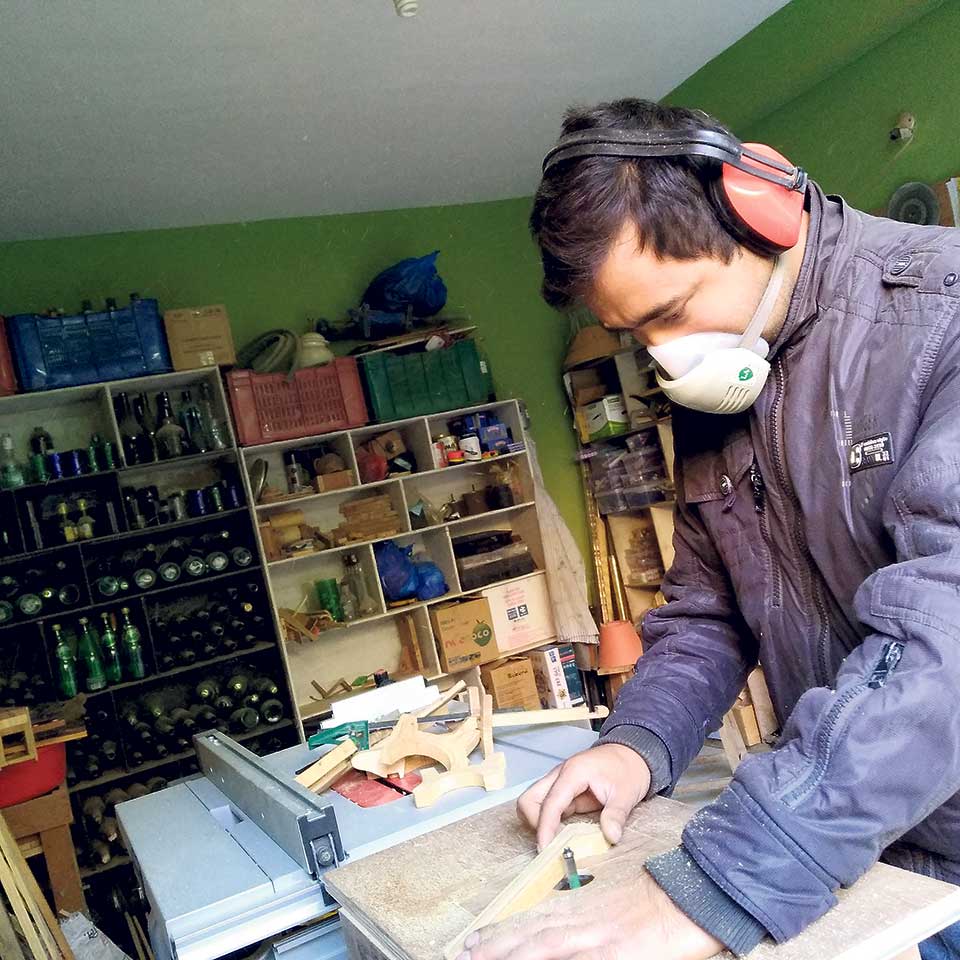SOLUKHUMBU, April 13: Biogas is to be produced from human fecal matter collected from the Mount Everest base camp as a better way is sought for its management.
The Sagarmatha Pollution Control Committee (SPCC) last year set up a dumpsite near Lobuchhe to dispose waste left by climbers and guides on the Mount Everest. Earlier the dumpsite was at Gorkasep situating at an altitude of 5,164 meters.
Rain causes inconvenience for tourists heading to Everest Base...

The Committee sought an alternative way to better manage human waste collected from the Everest base camp situating at an altitude of 5,300 meters.
According to SPCC Chair Ang Dorji Sherpa, the Committee in collaboration with the US-based Seattle University and Kathmandu University (KU) conducted a research under the name of Sagarmatha Biogas Project as it sought a better way for the fecal sludge management. Probabilities have been seen that human fecal matter collected from the Everest base camp can be used as a source of biogas production. A biogas plant is to be set up as an extended form of the project so as to turn probabilities into reality, he added.
The laboratory test of sample of human fecal excrement collected from the base camp was conducted at the KU's laboratory and the finding is that biogas can be generated from it at a minimum temperature of 20 degree Celsius.
Human (potters) are used to collect human waste from the Everest base camp and transport it down to a dumpsite near Lobuchhe for burial.
Works are on the progress to construct a biogas treatment plant at Gorkasep area. The production of bio gas from human waste is expected to address the problem of cooking gas at Lobuchhe area with contributing to keeping the local environment clean and minimizing the risk of bacteria outbreak and other health hazards. RSS





































